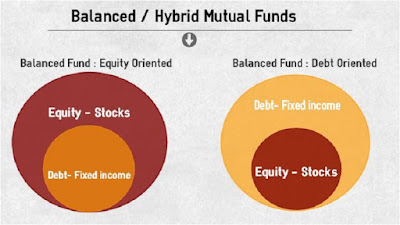What is the benefit of staying invested in the long term? by FinVise India

Invest for long term – an advice routinely given by many Mutual Fund distributors and investment advisors. This is especially true in case of certain Mutual Funds – such as equity and balanced funds. Let us understand why the professionals give such advice. What really happens in the long term? Is there a benefit of staying invested for long term? Consider your Mutual Fund investment as a good quality batsman. Every good quality batsman has a certain style of batting. However, each good quality batsman would be able to accumulate lots of runs, if he continues to play for years. We are talking about the record of a “good quality” batsman. Every good batsman would go through some good and poor performances. On average the record would be impressive. Similarly, a good Mutual Fund would also go through some ups and downs – often due to factors beyond the control of the fund manager. An investor would benefit if one stays invested through these funds for long periods of time. S


